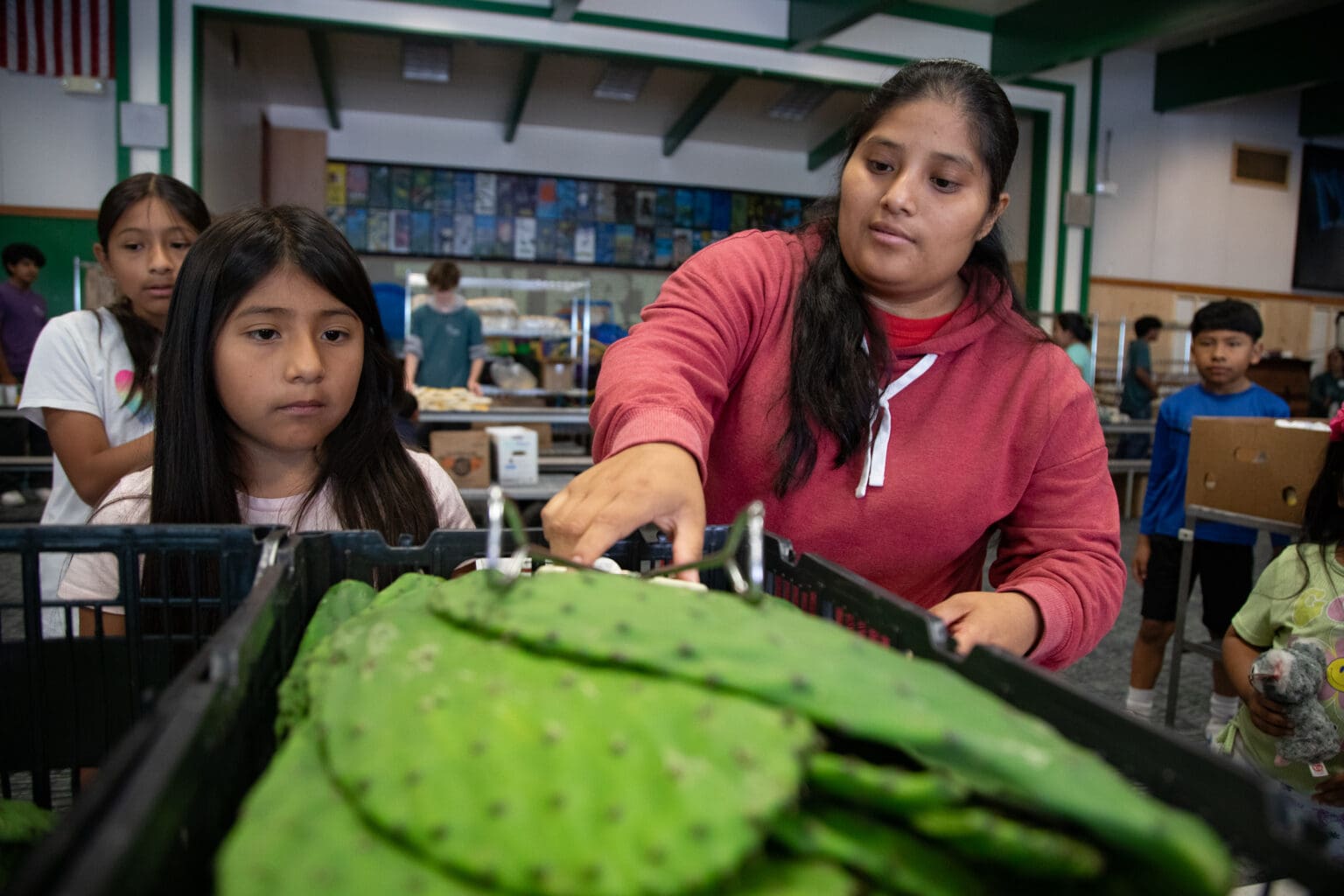Every Wednesday in the summer, Spanish music blares from the doors of the preschool gym housed in th




- Save money
- Support local businesses
- Get 50% off an annual subscription to Cascadia Daily News
Browse our subscription offers or consider donating to support local journalism.
Already a subscriber?
Log in



